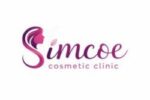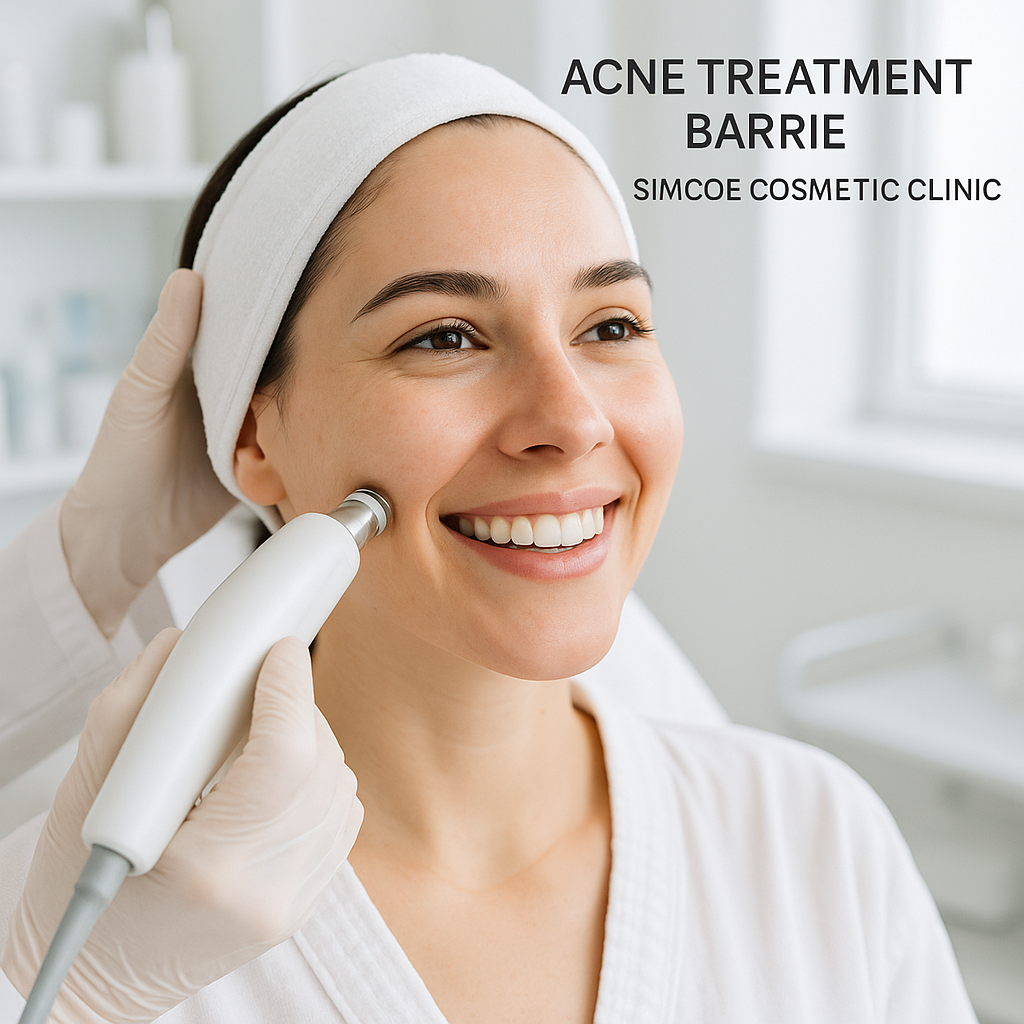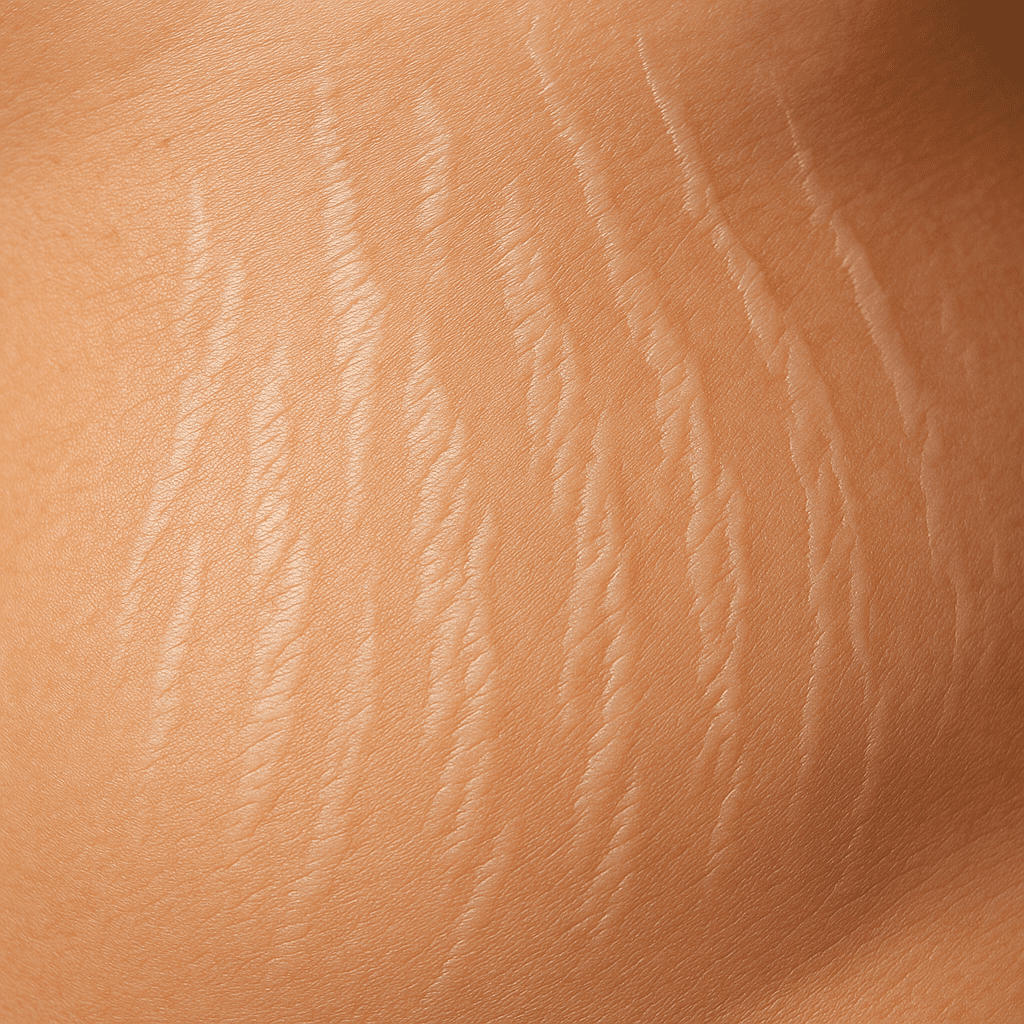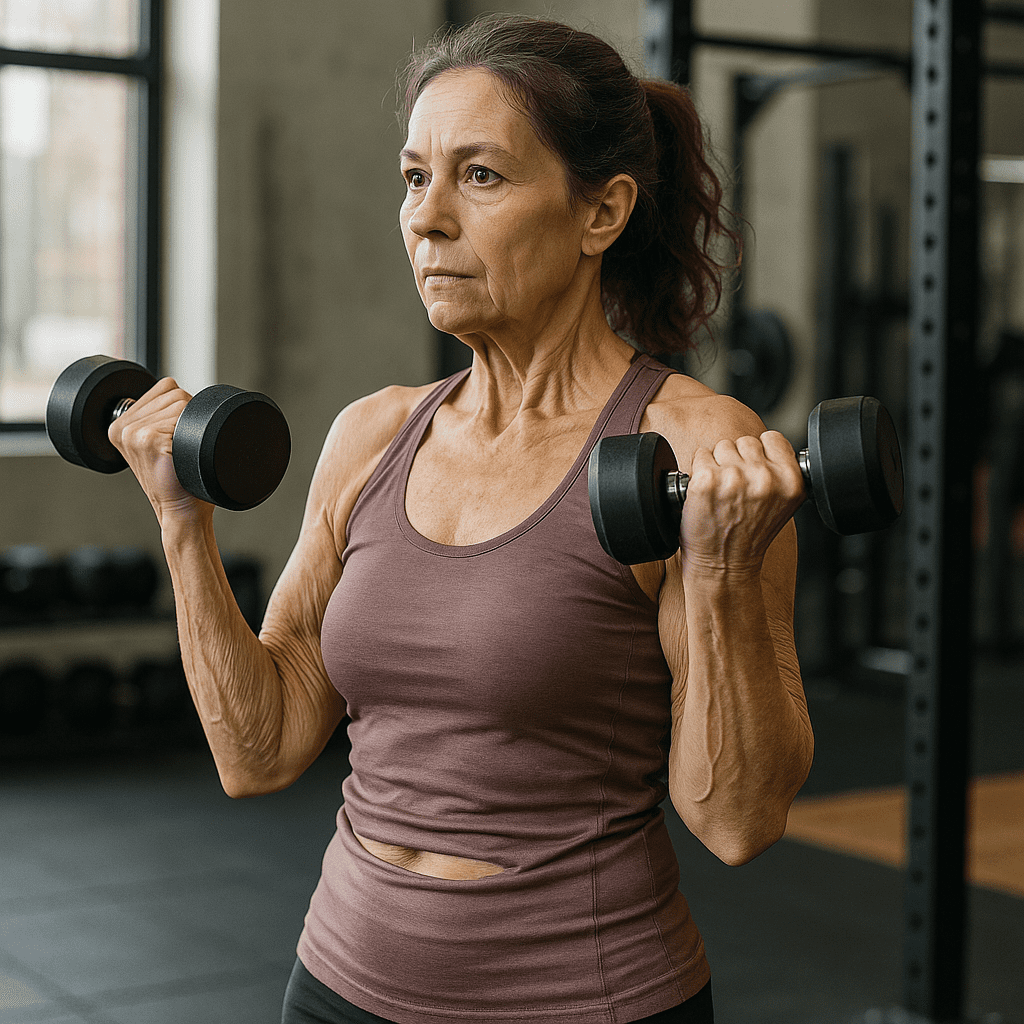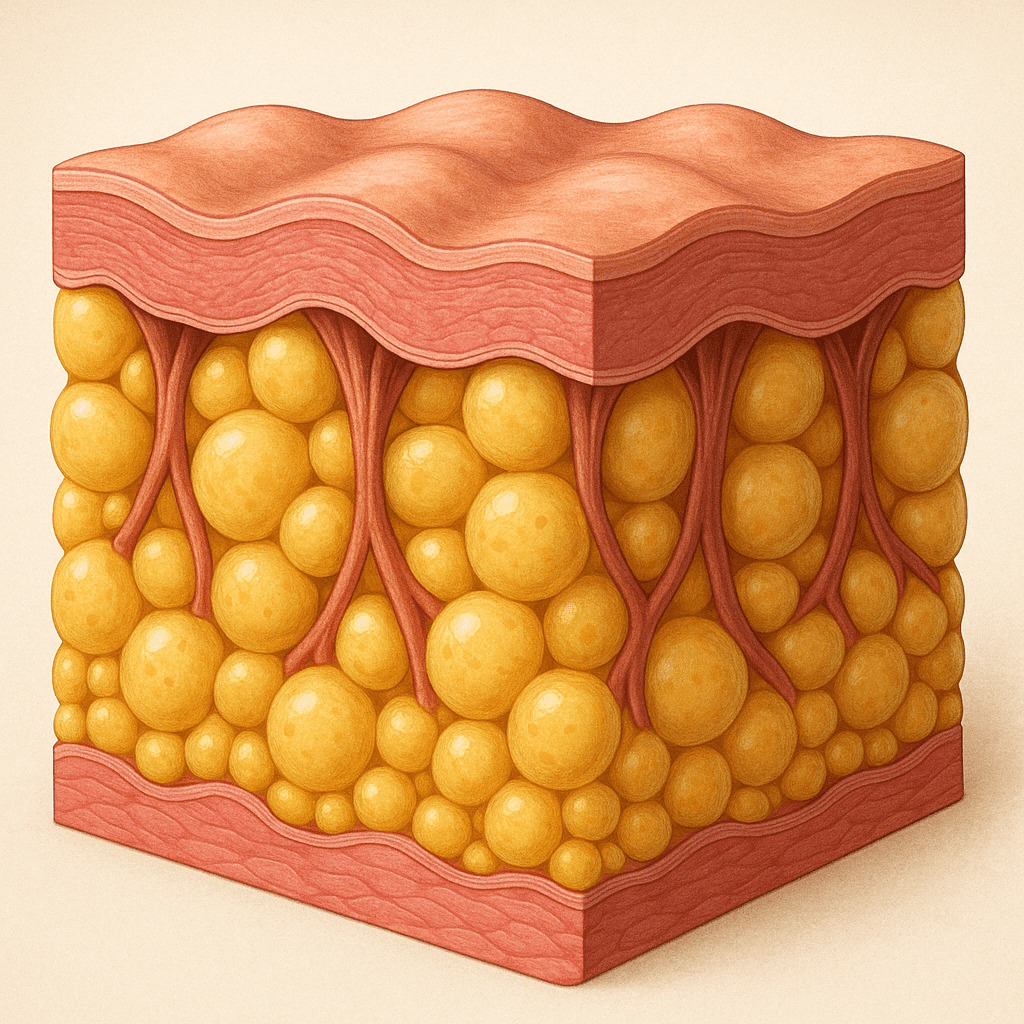Acne is one of the most common skin concerns worldwide, including here in Barrie.
But what are the best acne treatment options available locally?
This guide provides a complete cheatsheet for acne treatment Barrie residents can trust, such as topical therapies that target clogged pores and inflammation.
- Oral medications tailored to hormone imbalances and bacteria.
- Advanced light and laser treatments offered in professional clinics.
- Lifestyle changes that support long-term skin health and prevent flare-ups
- Several approaches for comprehensive skin rejuvenation.
Let’s dive right in.
Understanding Acne and Its Causes
Acne happens when pores in your skin get clogged with excess oil, bacteria, and dead skin cells.
It can show up as blackheads, whiteheads, pimples, cysts, or even nodules. Acne affects all ages but is most common during adolescence.
Various factors contribute to acne:
- Excess oil production triggered by hormonal changes like puberty or stress.
- Bacterial growth especially Propionibacterium acnes living in clogged follicles.
- Abnormal skin cell turnover leading to blocked pores.
- Genetics influence how prone you are.
- Medications such as steroids may worsen acne.
- Diet and lifestyle, with evidence suggesting high-glycemic foods can impact acne severity.
Understanding your specific acne type and cause is essential for effective treatment. Some types are mild and respond well to over-the-counter products. Others require professional evaluation and prescription care.
For those in Barrie, clinics like Simcoe Cosmetic Clinic offer expert assessments and personalized treatment plans to address the root causes of acne while minimizing skin irritation.
How is Acne Treated in Barrie?
Treatment options depend on your acne severity (mild, moderate, severe), skin type, and lifestyle. Here’s a comprehensive overview of treatments commonly available in Barrie:
Topical Treatments
- Retinoids: Creams or gels like tretinoin or adapalene unclog pores and reduce inflammation.
- Benzoyl Peroxide: Kills acne-causing bacteria and prevents resistance to antibiotics.
- Antibiotic Creams: Clindamycin or erythromycin to reduce bacterial growth.
- Combination Therapies: Using retinoids with benzoyl peroxide or antibiotics for better results.
Topical treatments usually take 6-8 weeks to show improvement, so patience and consistency are key.
Oral Medications
- Antibiotics: Doxycycline or minocycline reduce bacteria and inflammation, often used for moderate to severe acne.
- Hormonal Treatments: Oral contraceptives or spironolactone for women to balance hormones that trigger acne.
- Isotretinoin: A powerful treatment for severe, cystic acne not responding to other therapies. Requires careful monitoring.
These medications are prescribed by dermatologists after thorough evaluation.
Professional In-Clinic Treatments
Medical spas and dermatology clinics in Barrie, such as Simcoe Cosmetic Clinic, offer advanced therapies:
- Laser and Light Therapies: Reduce bacteria and inflammation; improve skin texture.
- Chemical Peels: Gentle acids exfoliate the skin, unclog pores, and stimulate collagen.
- Microneedling: Creates controlled micro-injuries to promote collagen and heal scars.
- PRP (Platelet-Rich Plasma): Uses your own plasma to rejuvenate skin and improve acne scars.
These options can significantly improve overall skin appearance and speed recovery.
Complex cases may combine multiple treatments to target acne from all angles.
What Are Some Basic Skincare Routines for Acne-Prone Skin?
Daily care is the foundation of effective acne management. For oily or acne-prone skin, the goal is to cleanse without over-drying and nourish without clogging pores.
Step 1: Gentle Cleansing
Use a non-comedogenic, fragrance-free cleanser twice daily to remove dirt and excess oil. Foaming gel cleansers containing niacinamide, ceramides, and hyaluronic acid support your skin barrier while controlling oiliness.
Step 2: Targeted Treatments
Apply topical acne medication as prescribed or chosen. This might include benzoyl peroxide or retinoids but start conservatively to avoid irritation.
Step 3: Moisturizing
Hydrate with oil-free, non-comedogenic moisturizers to balance skin and avoid triggering excess oil production.
Step 4: Sun Protection
Use broad-spectrum sunscreen daily. Many acne treatments increase sun sensitivity, so sun protection is essential to prevent pigment changes and accelerate healing.
For specific product recommendations, brands like CeraVe offer dermatologist-formulated options ideal for acne-prone skin (source).
Keep in mind, skincare is not one-size-fits-all. What works for one person may not work for another. Consulting a specialist ensures your routine complements your treatment plan.
When Should You See a Dermatologist for Acne?
Many people try over-the-counter products first, but professional care is vital under certain circumstances:
- If acne is severe with cysts or nodules causing pain or scarring.
- If acne persists or worsens despite home treatment over several months.
- If acne causes emotional distress or impacts your quality of life.
- If you notice changes in skin color or signs of infection.
- If you want a personalized treatment plan tailored to your skin type and health history.
Barrie offers access to expert dermatologists at Simcoe Cosmetic Clinic who can assess your condition in detail and recommend effective treatment, including prescription medications and in-office therapies (source).
Professionals also monitor for potential side effects from oral medications and guide you safely through treatment.
What Are Innovative Acne Scarring Treatments Available in Barrie?
Acne can leave lasting marks like pits, uneven texture, or dark spots. Addressing these scars enhances confidence and skin appearance.
Options at professional clinics include:
- Microneedling: Stimulates collagen production to restore skin smoothness.
- PRP Therapy: Uses platelet-rich plasma to accelerate healing and skin regeneration.
- Laser Resurfacing: Targets damaged layers to promote new, healthy skin growth.
- Chemical Peels: Remove damaged outer layers and improve pigmentation issues.
Clinics like Face Injectables in Barrie specialize in these treatments, delivering natural-looking improvements to skin texture and tone (source).
Combination therapies tailored to your scarring type often yield the best results and long-lasting benefits.
How Do Hormones Influence Acne, and How Can They Be Treated?
Hormones play a major role in acne development, especially in women experiencing menstrual cycles, pregnancy, or polycystic ovarian syndrome (PCOS).
Hormonal fluctuations increase sebum production, leading to clogged pores and breakouts.
Dermatologists diagnose hormonal acne by reviewing symptoms, history, and sometimes ordering blood tests.
Treatments include:
- Oral contraceptives: Regulate hormones to reduce oiliness and inflammation.
- Anti-androgens like spironolactone: Block hormones that stimulate oil glands.
- Topical retinoids and antibiotics: Help control surface bacteria and unblock pores.
Consistent treatment over months is often necessary for visible improvement. Hormonal therapy should always be supervised by a healthcare provider to monitor effects and adjust doses.
Can Diet and Lifestyle Affect Acne Severity?
Though genetics and hormones are impactful, diet and lifestyle also influence acne flare-ups.
Research suggests high-glycemic diets (lots of sugar and refined carbs) can worsen acne by increasing insulin levels, triggering oil production.
Incorporating a balanced diet rich in fruits, vegetables, whole grains, and lean proteins supports skin health.
Exercise improves circulation, promoting skin repair and clearing toxins.
Other helpful tips:
- Manage stress – stress hormones can exacerbate acne.
- Avoid harsh scrubbing or over-washing, which irritates skin.
- Choose non-comedogenic makeup and skin products.
- Quit smoking, which harms skin healing.
While these changes alone may not cure acne, they complement medical treatments for better results.
What Should You Expect During Your Acne Treatment at Simcoe Cosmetic Clinic?
Simcoe Cosmetic Clinic in Barrie offers specialized acne treatment through a patient-centered approach.
Here’s the typical process:
- Comprehensive Consultation: Your dermatologist reviews your medical history, examines your skin, and discusses your lifestyle and concerns.
- Personalized Treatment Plan: Based on severity and type of acne, preferences, and skin sensitivity, a unique plan is created incorporating topical, oral, and in-office therapies.
- Education and Support: You receive guidance on skincare routines, lifestyle adjustments, and what to expect throughout treatment.
- Follow-up and Monitoring: Regular check-ins ensure treatments are effective and any side effects are managed.
Simcoe Cosmetic Clinic prides itself on helping patients regain clear, healthy skin with lasting confidence (source).
How Can You Maintain Clear Skin After Treatment?
Acne management is often ongoing. Once active acne clears, maintenance prevents relapse.
Key tips include:
- Continue gentle skincare routines with non-comedogenic products.
- Use sunscreen daily to protect against sun damage and pigmentation.
- Periodically use exfoliants like chemical peels under professional guidance.
- Follow up with your dermatologist for periodic skin evaluations.
- Maintain a balanced diet and healthy lifestyle habits.
- Manage stress effectively through mindfulness or physical activity.
Remember, the skin is sensitive and can change with age, environment, and health. Staying proactive allows you to enjoy clear, radiant skin over the long term.
Question for You: What’s the Most Challenging Acne Issue You’ve Faced?
Feeling stuck with breakouts or frustrated by scarring is common. You’re not alone in this journey toward healthier skin.
Here’s a tip: Tracking your skin’s progress with photos and notes can reveal triggers and help adjust your treatment.
Have you tried professional acne treatment in Barrie? Sharing your experience could help others in the community find the best path.
FAQ About Acne Treatment Barrie
Can acne be cured permanently?
Acne can be effectively controlled, but no guaranteed permanent cure exists. With personalized treatments and healthy habits, most people experience lasting clear skin.
Are over-the-counter products enough for acne?
Mild acne may respond to OTC products, but persistent or severe acne typically requires professional care to prevent scarring and further problems.
How long does acne treatment take to work?
Topical treatments often need 6-8 weeks, while systemic therapies or procedures may take several months for full effect.
Is it safe to use multiple acne treatments simultaneously?
Combination therapies are often more effective but require professional guidance to avoid irritation and unwanted interactions.
What lifestyle changes help in acne management?
A balanced diet, regular exercise, gentle skincare, stress management, and sun protection support treatment and skin health.
Navigating Your Acne Treatment Journey in Barrie
Barrie residents have access to skilled dermatologists and medspa professionals ready to craft personalized acne treatments that work.
Whether you prefer topical therapies, oral medications, or advanced in-clinic procedures, expert care ensures safe and effective results.
Stay informed, proactive, and patient — your clear, radiant skin is within reach.
For insights on other skin rejuvenation treatments like microneedling, which can also aid acne scar healing, consider reading our comprehensive guide to microneedling in Barrie.
